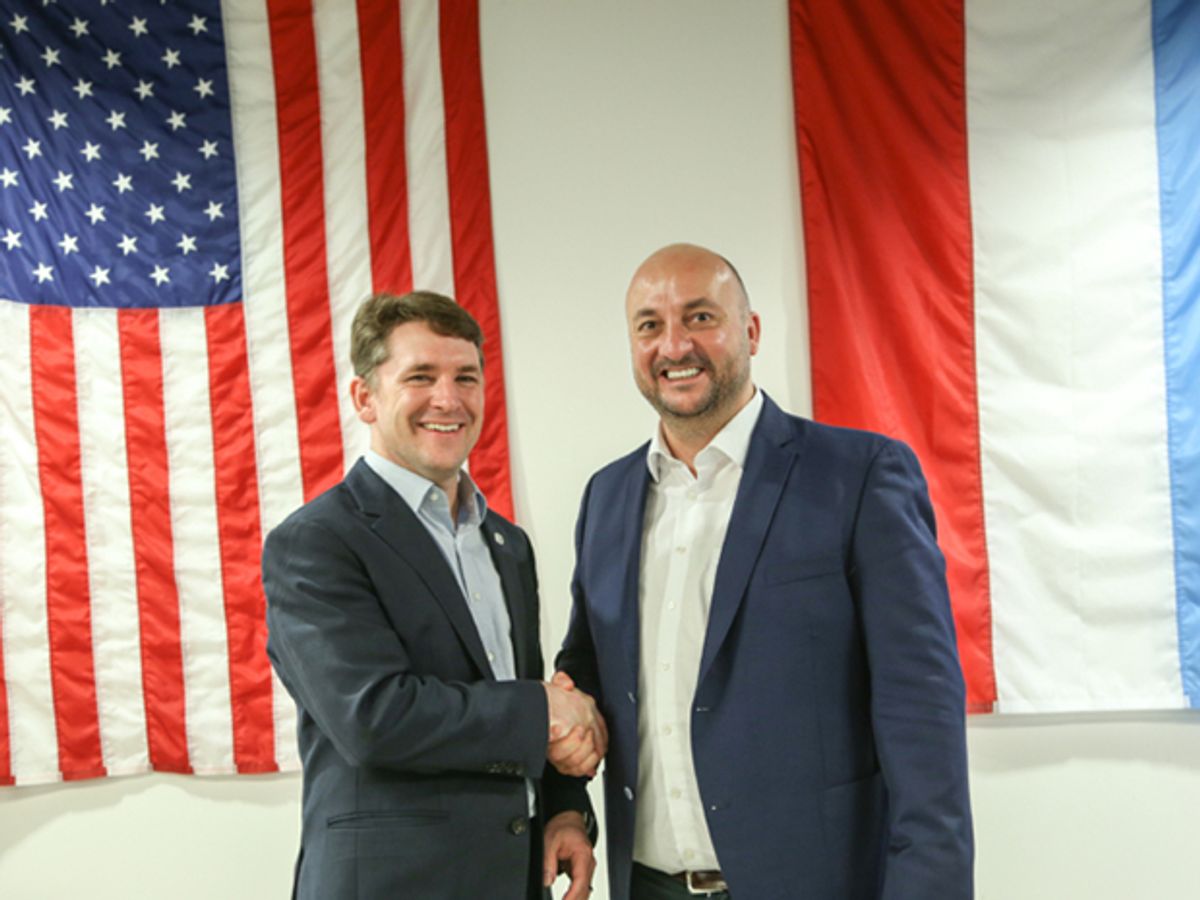Luxembourg has agreed to invest €25 million in asteroid mining company Planetary Resources.
“It’s really big news,” says angel investor Chad Anderson, the managing director of Space Angels Network—one of Planetary Resource’s early investors.
Several companies, among them Planetary Resources and Deep Space Industries, plan on mining space for its riches. Planetary Resources aims to launch the first commercial asteroid prospecting mission by 2020. Near-Earth Asteroids are an untapped reserve of rocket fuel, materials, and minerals, the company explains on its website—although there is some disagreement over whether suitable asteroids are actually available.
Luxembourg was the first European Union country to set up a legal framework for space mining, following the United States Commercial Space Launch Competiveness Act in 2015. In June, the Luxembourg government announced a €200 million fund for enticing asteroid mining companies, as Fortune reports.
In a press release yesterday, Planetary Resources announced that a deal with the Government of the Grand Duchy of Luxembourg and Société Nationale de Crédit et d’Investissement--a banking institution--had been finalized.
€12 million will be a direct capital investment and €13 million will come in the form of grants. Planetary Resources will set up a Luxembourg office, SNCI will take a public equity position in Planetary Resources, and an advisory board member of the SpaceResources.lu initiative will join the company’s Board of Directors, according to the release.
“Asteroid mining is an expensive endeavor,” Anderson says. “Getting this funding is a real benefit to their efforts.”
Planetary Resources and Paul Zenners, Luxembourg’s Ministère de l'Économie, did not respond to requests for further comment.
Amara Graps, a planetary scientist, asteroid mining advocate, and independent consultant for the Luxembourg Ministry of Economy who lives in Riga, Latvia, says “They can put more attention into the asteroid mining business” instead of getting “detoured” by monetary constraints.
Graps says the money is a runway for Planetary Resources to focus on characterizing and identifying proper asteroids as well as refining sensor and propulsion technologies, for example.
She did wonder if this announcement could potentially influence the decision of venture capitalists to invest because of a perceived risk of government involvement.
“Quite the opposite,” says Anderson.
He says the government is only an equity holder with the same stakes as other investors and it would not dictate how the business operates. Because the investment increases credibility, “I think this will encourage other investors to come on.”
“Luxembourg has stepped up,” he says.



